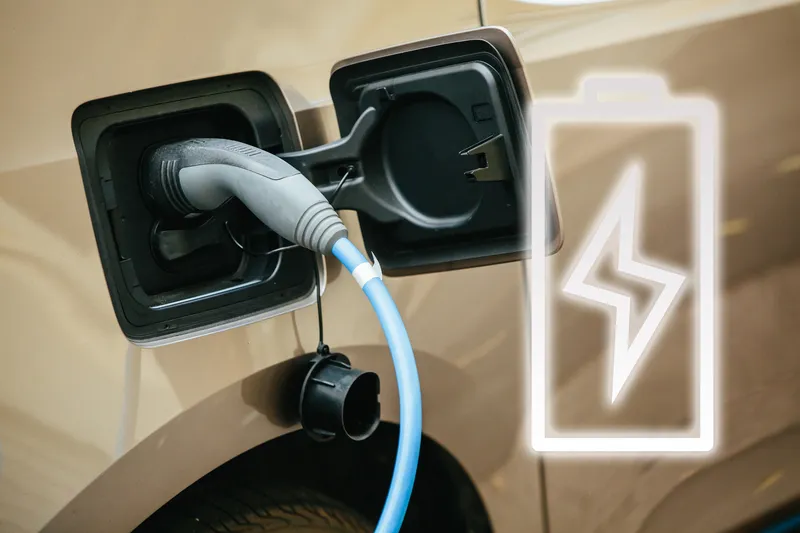
To provide Canadians with more options to drive clean, the country’s government has announced a $450,000 (£262,000) investment in NB Power’s eCharge Network, adding nine new electric vehicle (EV) charging stations to the current ten, in New Brunswick. The transaction has been announced by Serge Cormier, member of parliament for Tracadie–Bathurst on behalf of the honourable Jim Carr, minister of natural resources.
Cormier also confirmed that an additional $197,500 (£115,000) from the federal gas tax fund will be dedicated to the new stations, bringing its contribution to $647,000 (£378,000). The total federal donation for the network stands at $1,147,000 (£670,000).
The government has invested over $180m (£105m) to support electric and alternative fuel infrastructure across the country to expand its coast-to-coast network of EV fast chargers on the national highway system. It is now deploying natural gas refuelling stations along key freight corridors and establishing hydrogen stations in essential metropolitan centres as well as demonstrating new charging technologies and developing enabling codes and standards.
Cormier said, "Expanding the network of electric vehicle charging stations, in New Brunswick and across the country, will give Canadians more transportation options and help put more clean vehicles on our roads and highways. Congratulations to NB Power and its partners for helping to advance our federal and provincial efforts to build a clean economy, create well-paying jobs and realize our climate change goals."
Gaëtan Thomas, President and CEO, NB Power, said: "We are very proud to spearhead this first in Canada. By having a network of fast chargers throughout our province, it will give electric vehicles owners the peace of mind they need when they are travelling from one point to another. It will reduce range anxiety."









